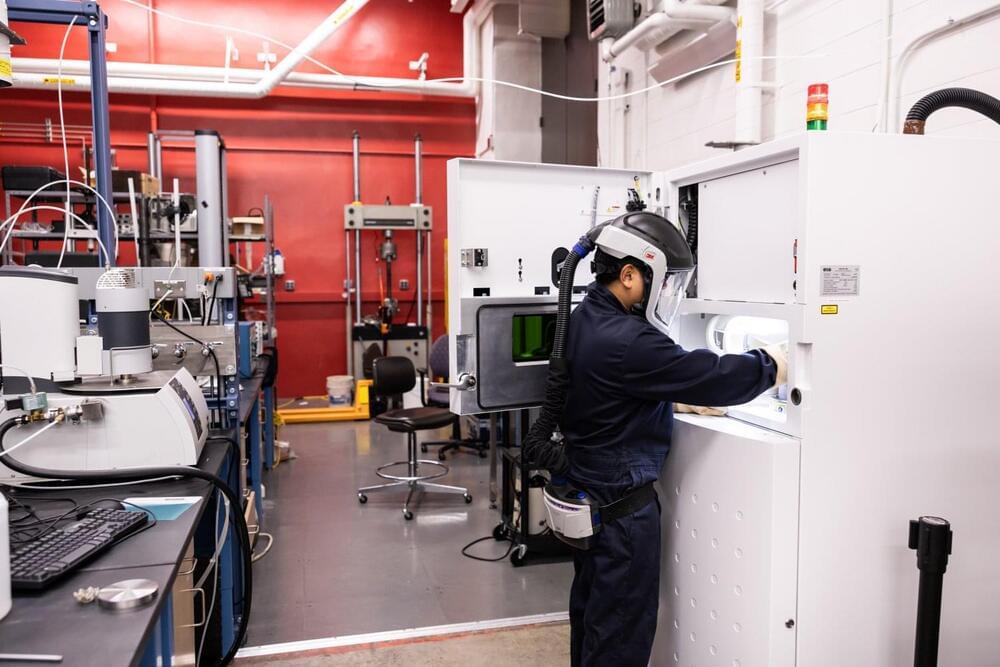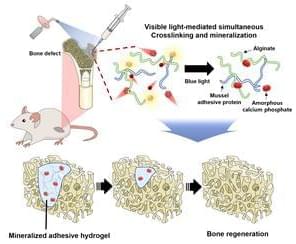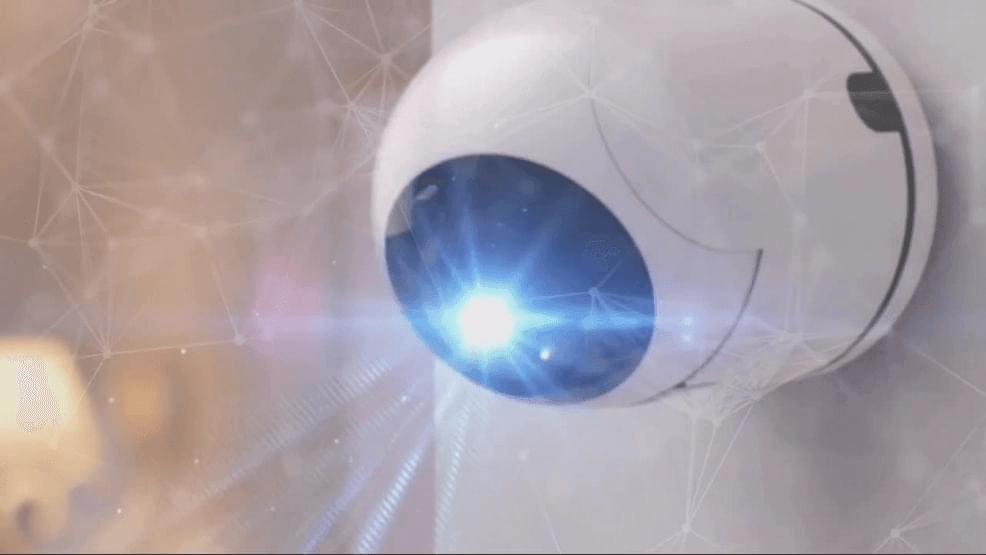Quantum computing stocks are soaring, but do the rising stock prices make sense?
Over the last couple of years, technology stocks have captivated the investment world thanks in large part to breakthroughs in artificial intelligence (AI).
Within the AI realm, semiconductor stocks in particular have benefited greatly. This is due to the fact that semiconductor companies such as Nvidia, Advanced Micro Devices, and Broadcom make important infrastructure such as graphics processing units (GPUs) and network equipment that are used in data centers, and without them, generative AI would be more of a lofty idea than a reality.






